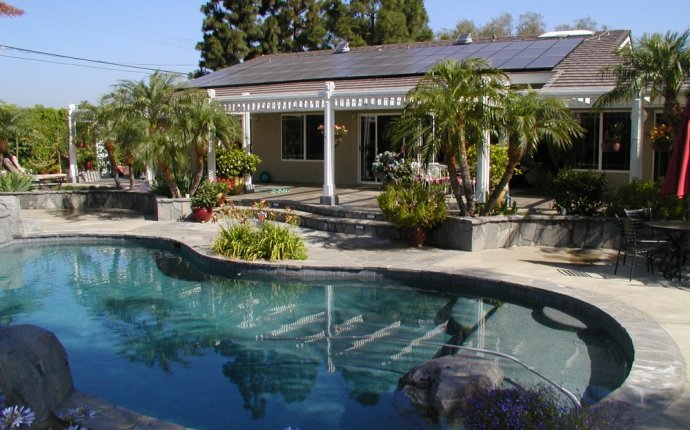
solar energy for my home
In neighborhoods across the United States, more and more roofs are taking on a new addition — and we’re not talking about satellite dishes.
Americans everywhere are now upgrading the roofs of their homes with solar panels, once the property of only a select few. Some are motivated by the opportunity to improve their green lifestyle, others by the option to obtain a measure of energy independence. But no matter the original desire that spurred the addition in the first place, the panels’ ability to reduce the expense of a family’s monthly energy bill always provides some extra motivation.
In this article, we’re going to take a deeper look at just how the addition of solar panels can reduce your monthly energy expenses. So read on. You may find the motivation you need to add some panels to your home this year.
How do solar panels work?
On a surface level, solar panels work like a giant net. They are placed on your home’s roof and angled to catch as much sunlight as possible. But the process of how that captured sunlight is transferred into electricity is more complicated.
It all starts with one simple fact: electricity requires a positive charge to flow. In the case of solar panels, this charge is created when the intrinsic energy properties in sunlight come into contact with the silicone/boron composition of the solar panels themselves. This contact unsettles the electrons in the panels, and the electrons’ desire to return to their undisturbed state creates the energy. Once this current has been created, it travels through an inverter into your home where it can be used as energy to power your appliances, lights and electronics.
How do solar panels save you money on your energy bill?
The appliances in your home are indiscriminate regarding the energy they use, and every kilowatt-hour of energy generated from the installation of your new solar panels is one kilowatt-hour you don’t have to buy from your local utility company.
Research from North Carolina State University finds in the 50 largest markets in the United States, customers investing in a solar PV system of just 5 kilowatt-hours saved between $44 and $187 in the first year of using their system. The research also found the upfront costs of installing solar panels has steadily declined since 1998. This price drop is due not only to improved technology but also increased competition in the solar panel marketplace.
The savings extend beyond installation as well. In fact, the savings they provide can also be expected to grow over time. Solar power captured by the panels is free for you, even as other energy costs continue to rise with inflation. That means a panel system that saves you $50 per year now could conceivably save you $55 the next year and even more in the years ahead.
How your solar panels can make you money
A solar panel system has the power not only to save you money but to earn you additional revenue as well. While smaller systems may reduce your energy costs, larger systems could eliminate your electricity expense entirely, making you energy dependent. It is also possible that a larger system — complete with energy conservation practices — could actually generate more electricity each month than your home requires.
In cases such as these, it may be possible for you to sell this excess energy back to your utility company. You can learn more about the process here. You may also be able to obtain government financial support to finance the installation of your solar panels, making your new project even more affordable.
Adding solar panels to your home
If your home has only brief periods of natural sunlight, then adding solar panels may not be for you. However, if your home is situated in an area where it is routinely saturated by light, it’s worth researching your options. You may just end up with a new home improvement that saves or earns you more and more money as the years go on. See if your home qualifies for solar here.









